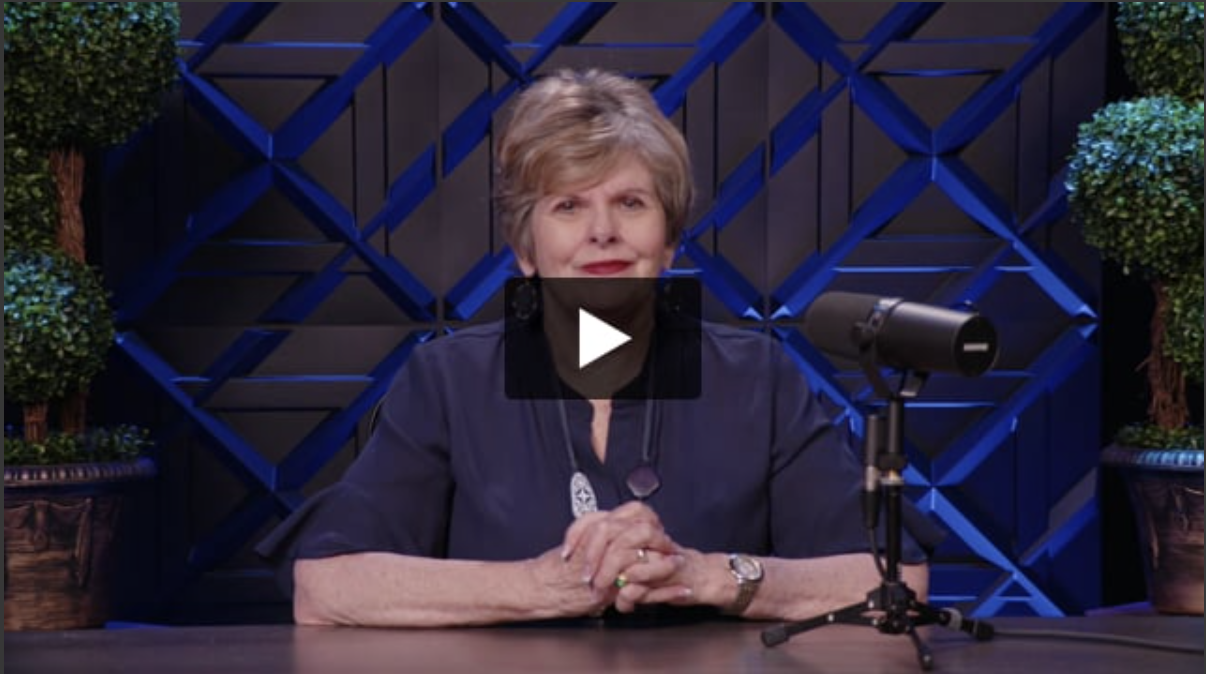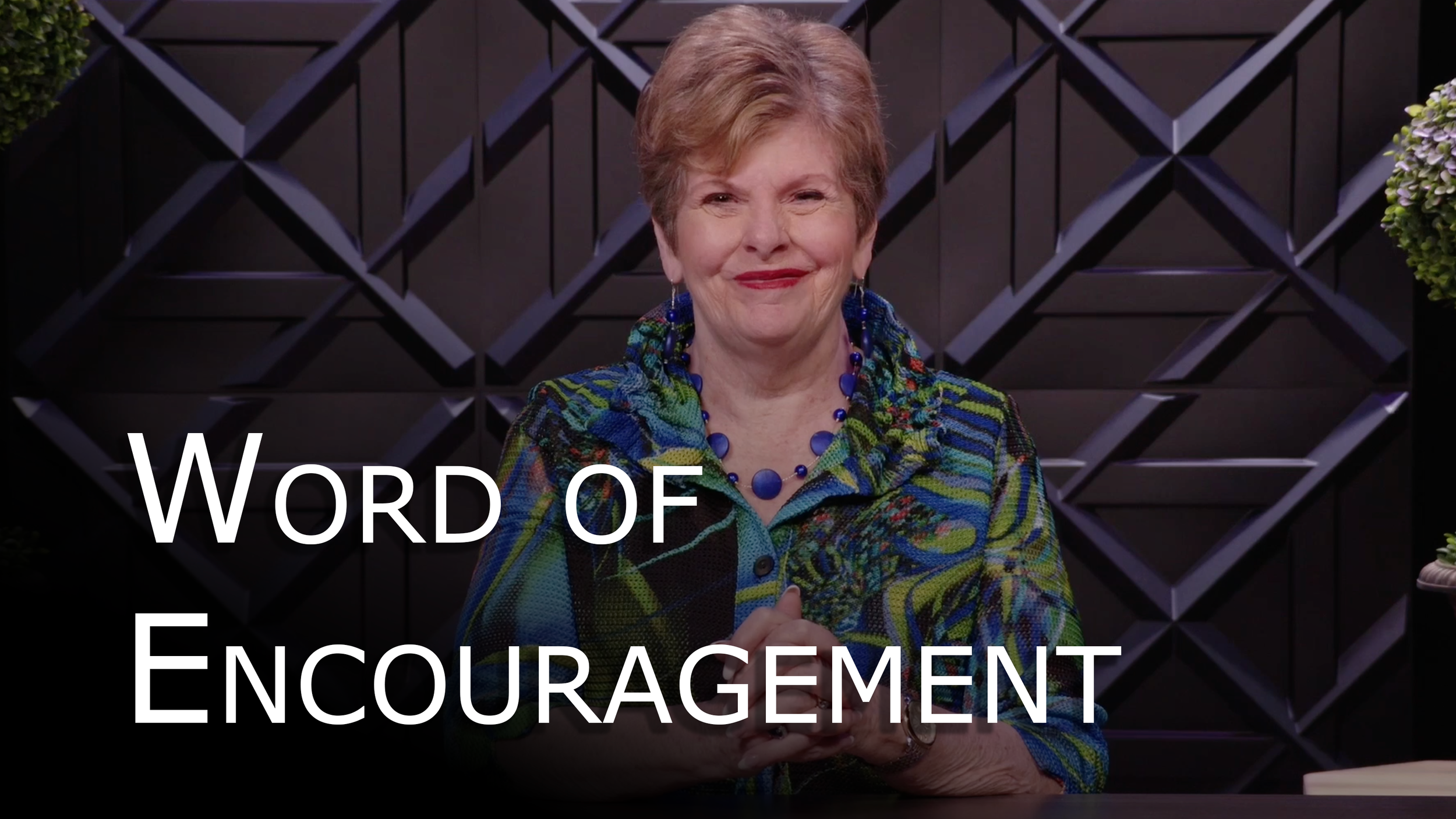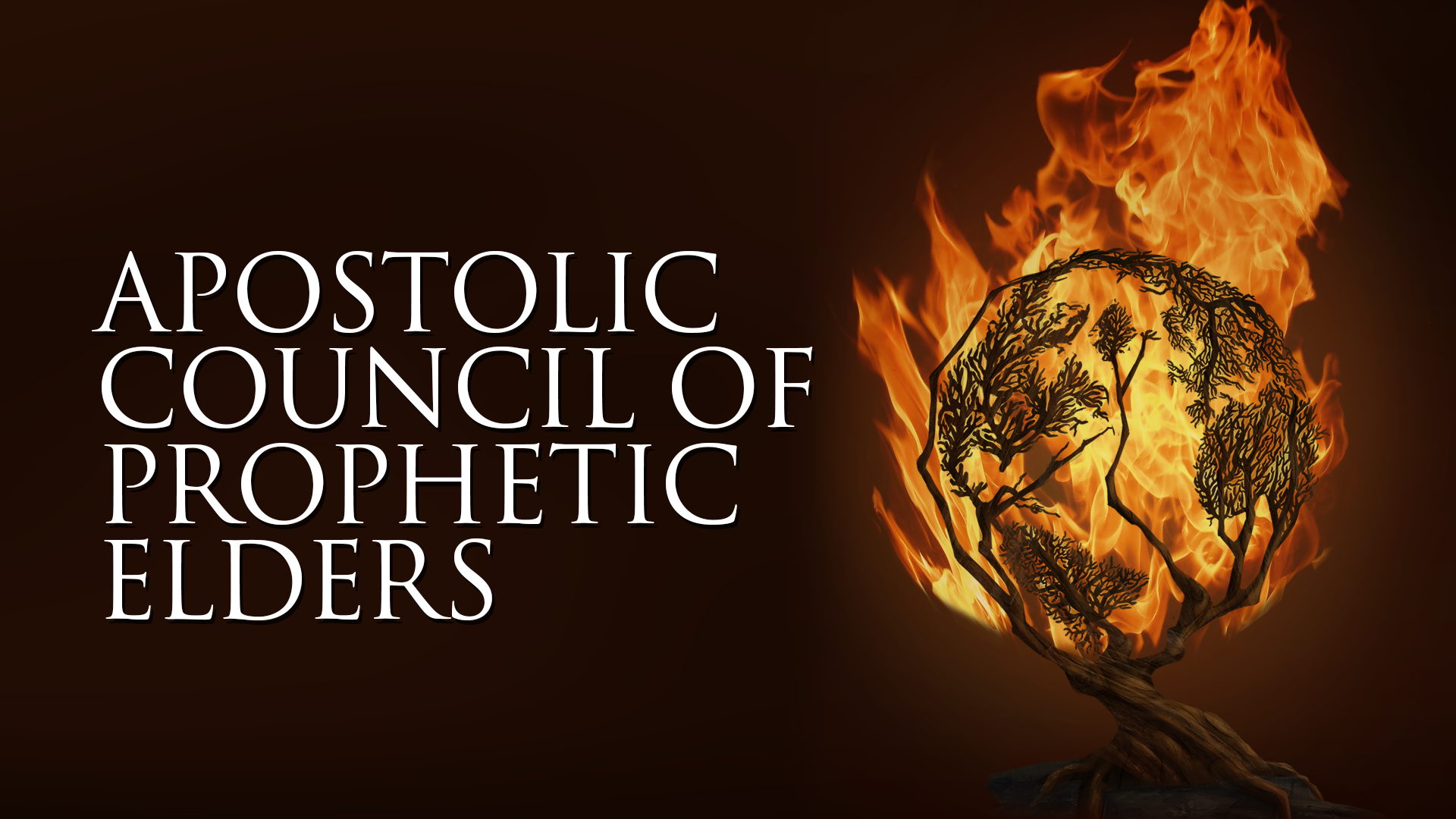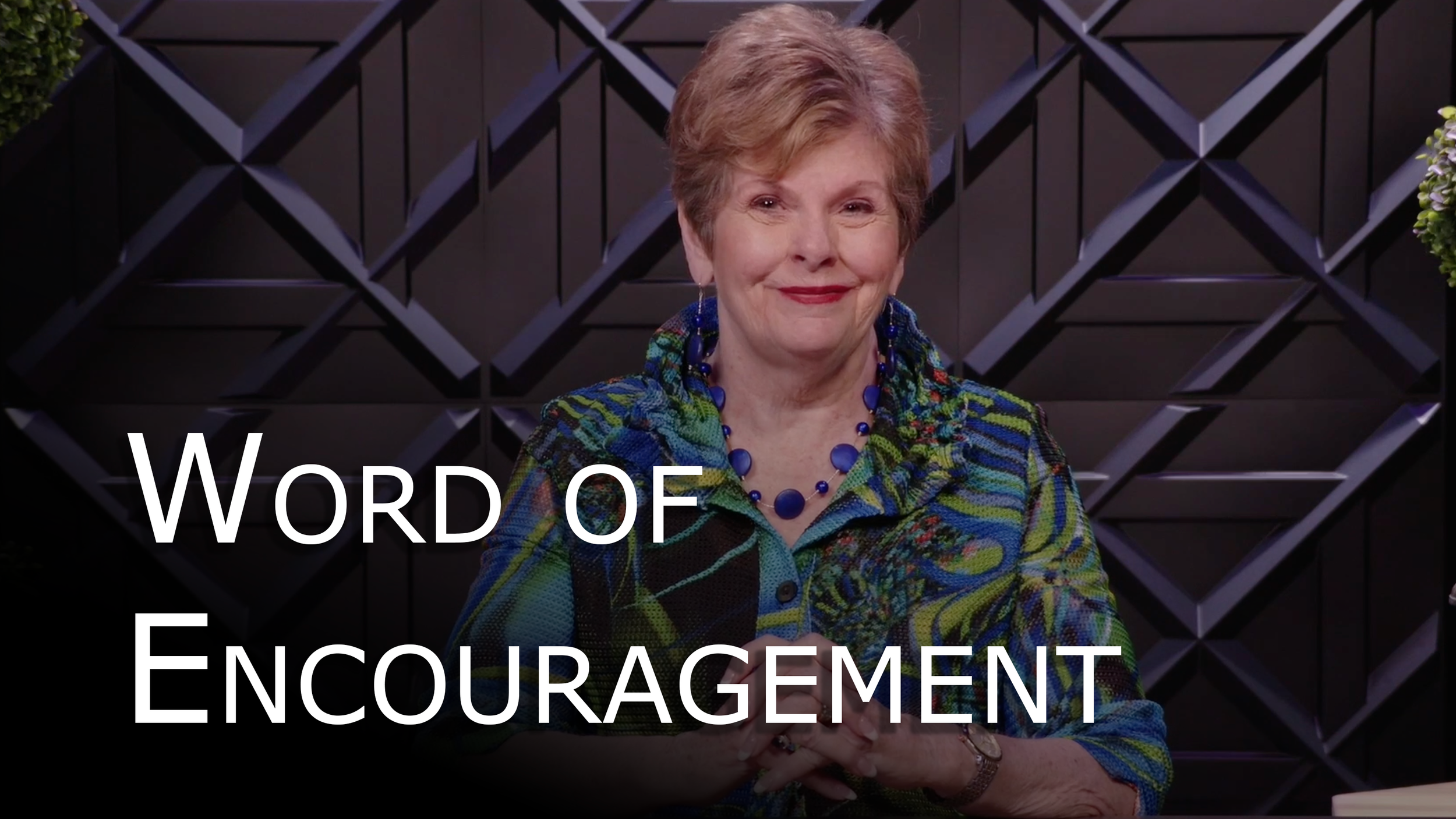
“The fear of the LORD is the beginning of knowledge, but fools despise wisdom and instruction.” (Proverbs 1:7; NKJV)
I am learning more and more to seek the Lord about the root of the problems we face in our world. As I prayed over the matter of education, I sensed the Lord saying that a spirit of foolishness pervades our culture when it comes to learning. We have come to despise wisdom and instruction.
While many people are embroiled in surface-level arguments like whether or not we should teach cursive writing in our schools, few are embroiled in a meaningful evaluation of what has actually been written; therefore, sadly, we have become easily distracted by meaningless statistics and fallacious arguments.
As adults, we often neglect to review any of the basic knowledge of mathematics, science, geography, history, and the arts that we acquired during our formative years. We lose the excitement of learning and discovering.
As a result, we also lose appreciation for our historical roots, our ability to problem solve, our appreciation of the arts, and our God-given ability to create, which, as Christians, further impacts our hearts in the study, appreciation, and application of the Word of God.
The reformation in learning, like all reformation, must begin in the hearts of God’s people. As the Church cultivates a love of learning and a value for the process of learning, we become better positioned to speak to the issues facing our world.
We know that we are taught by the Holy Spirit of God; however, the more He has to work with, the deeper He can lead us into truth. A possible starting point might be to apply Benjamin Bloom’s Taxonomy of Learning—an important metric for gauging educational objectives and effectiveness—to our assimilation of the Word of God.
The Taxonomy presents six levels: remembering, understanding, applying, analyzing, evaluating and creating. In our study of the Word, we tend to do well with the first level—remembering. We have been wisely taught to memorize scripture. The more scripture we have memorized, the more the Holy Spirit can bring to our conscious level in times of need.
Understanding the Word is the next level. As students of Scripture, it is important to grasp the need for defining words from original languages and contexts in order to truly understand the message.
Context is as important as definition. Because reverence for the Lord is the beginning, or foundation of knowledge, God must be the first context we consider. Understanding of the attributes of God is essential to understanding His Word. We realize that we need to know the basic functions of math—adding, subtracting, multiplying and dividing—before we can tackle algebra. However, we often neglect the basic nature of God in our Bible studies.
The next level in the Taxonomy is applying knowledge to our lives. Paul’s words to Timothy have not lost their significance: “Be diligent to present yourself approved to God, a worker who does not need to be ashamed, rightly dividing the word of truth” (2 Timothy 2:15; NKJV).
The more we understand the Word, the more relevant it becomes in our lives. Understanding and relevance open the door for us to analyze other information using the Word of God as our plumb line. Does what we are being told line up with the Word?
Paul cautioned the church at Colossae: “Beware lest anyone cheat you through philosophy and empty deceit, according to the tradition of men, according to the basic principles of the world, and not according to Christ” (Colossians 2:8; NKJV).
Analysis allows us to evaluate what we are hearing, reading, and thinking, and to make spiritually intelligent decisions about the barrage of information that surrounds us.
We do not want to be those who are always learning, but are never able to come to an understanding of truth (2 Timothy 3:7).
Those spiritually intelligent decisions will enhance our creativity in the arguments we make, the words we speak and write, the songs we sing, the dances we dance, and the pictures we paint, as well as in our ministries and every other aspect of our lives.
King David, a man after God’s own heart, was also a man who loved learning. The longest psalm, Psalm 119, expresses David’s delight in remembering, understanding, applying, analyzing and evaluating the precepts of God. In that process, his creativity soared, under the inspiration of the Holy Spirit.
May we also be people who love learning, who can sing with David: “I will meditate on Your precepts, and contemplate Your ways. I will delight myself in Your statutes; I will not forget Your word” (Psalm 119:15-16; NKJV).
Recent Posts








